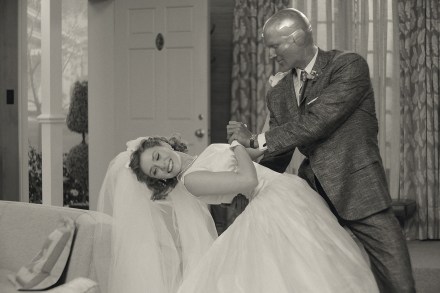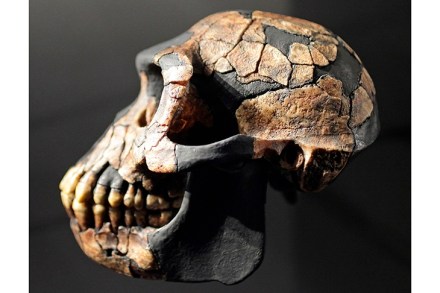Catherine Mayer and Anne Mayer Bird: Good Grief
43 min listen
My guests on this week’s Book Club podcast are the writer and Women’s Equality Party co-founder Catherine Mayer, and her mother, the arts publicist Anne Mayer Bird. They are mother and daughter — but a year ago they became ‘sister widows’, as both lost their husbands within a few weeks of one another. Their new book is called Good Grief: Embracing life at a time of death, and they join me to talk about grief in the time of Covid, how social perceptions of widowhood put pressure on the bereaved, and what they think needs to change at a societal and personal level with regards to how we treat death




















